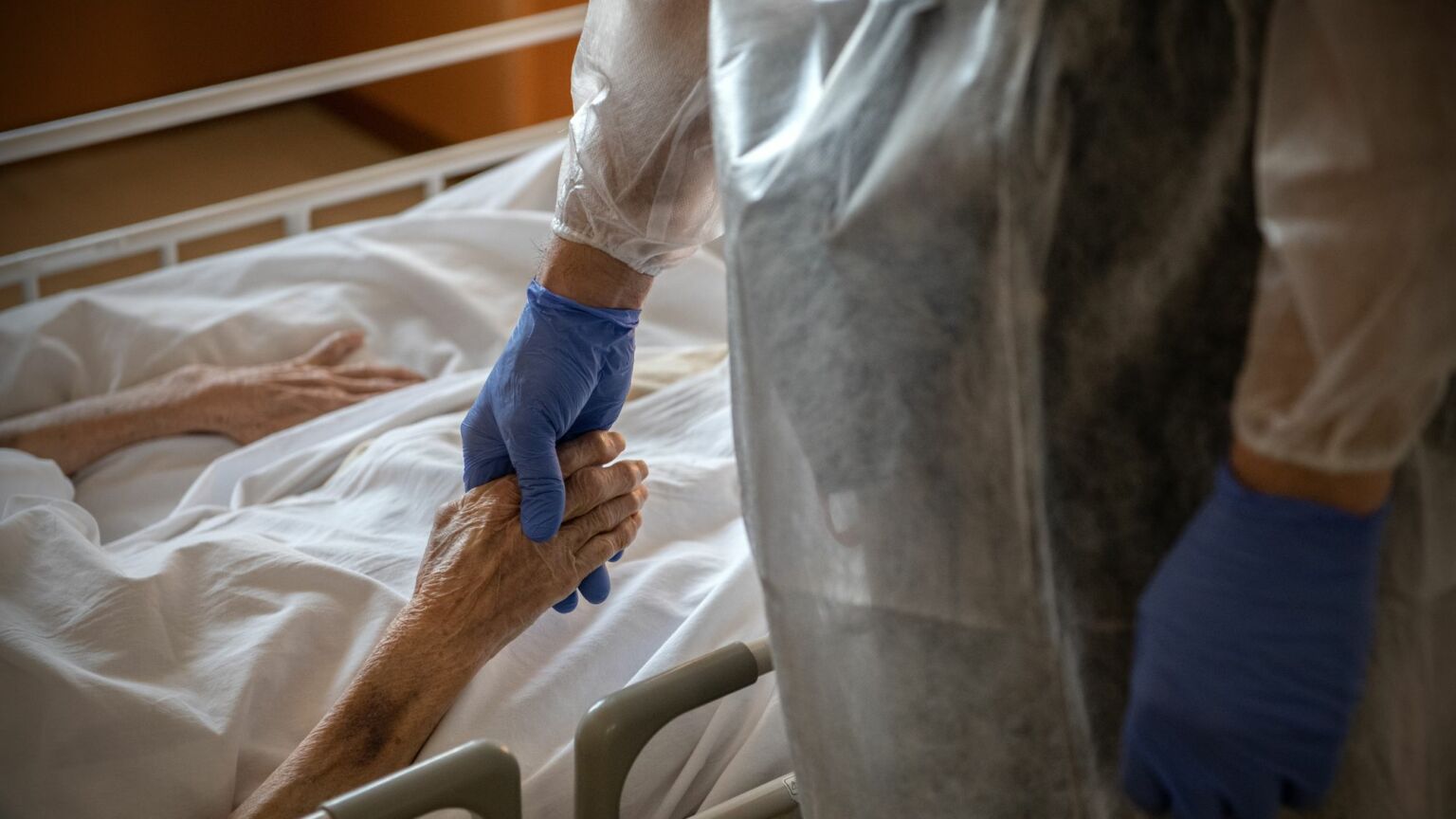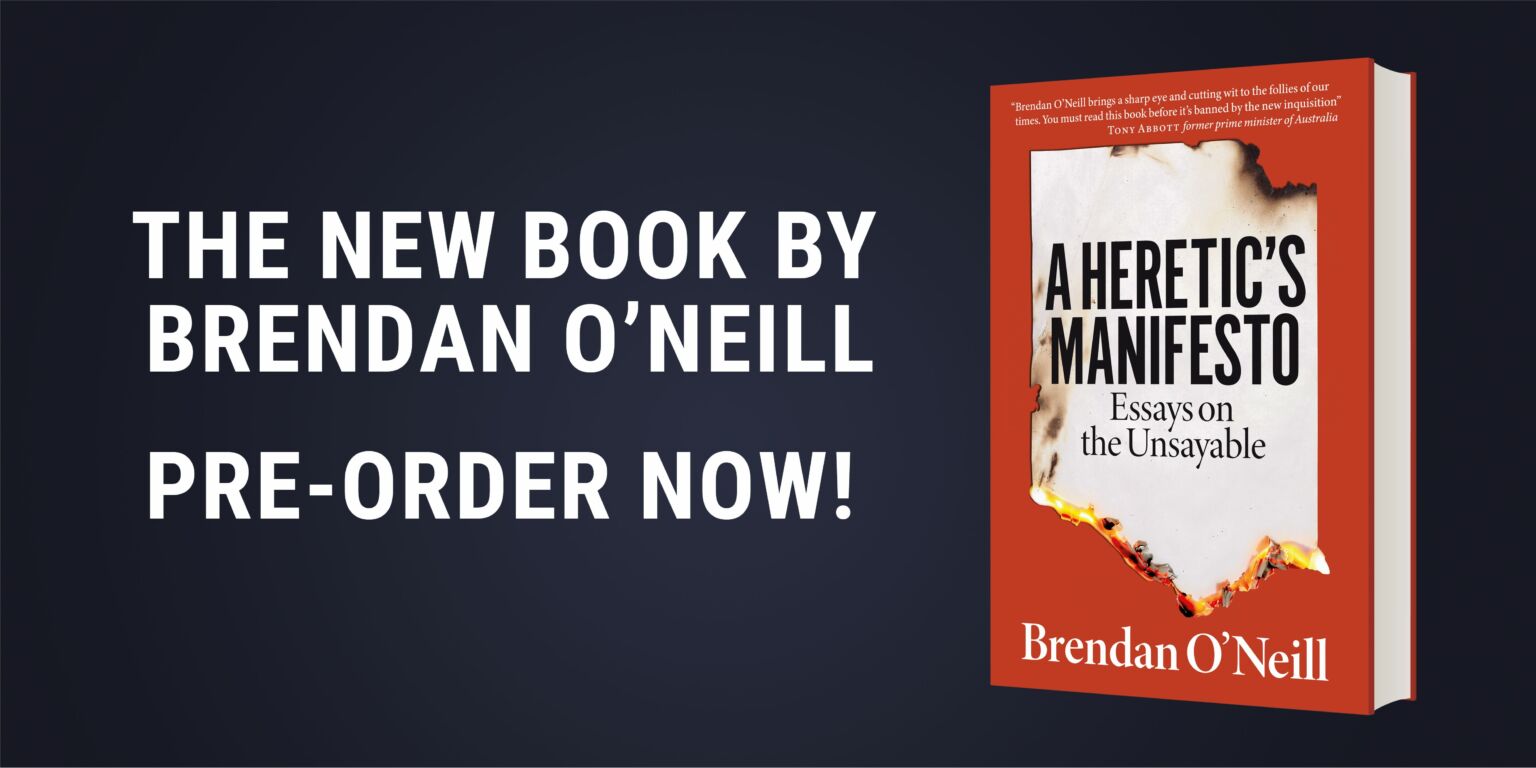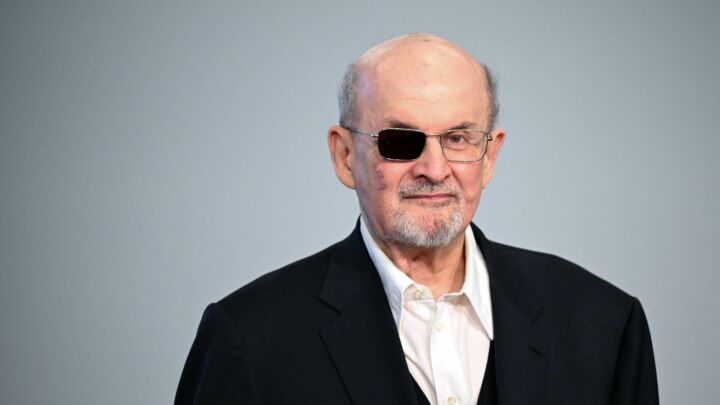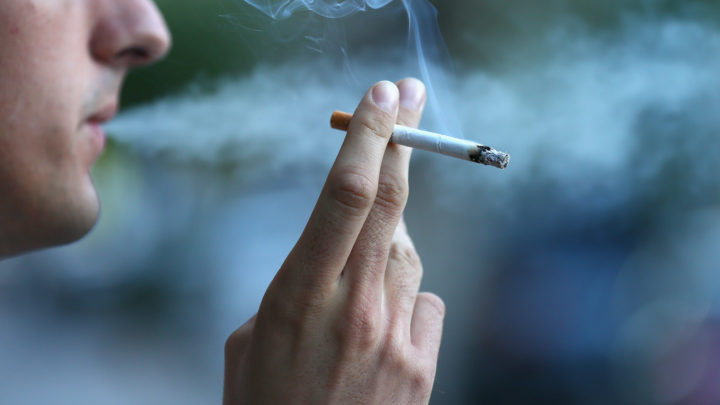There is no justification for euthanising the vulnerable
Defenders of Canada’s assisted-dying programme are sounding increasingly irrational.

Perhaps I should be pleased that a prediction I made some years ago is coming true. Instead, I am horrified. I argued that legalising assisted suicide and / or euthanasia, far from liberating people to decide their own destinies, would reduce their autonomy. Indeed, it would promote the deaths of some vulnerable people while eroding individual freedoms, like the right to refuse medical treatment. Now a recent article in the Journal of Medical Ethics (JME), which has garnered a great deal of attention in the Canadian press, demonstrates my point all too well.
The article in question, written by two bioethicists at the University of Toronto – Kayla Wiebe, a PhD candidate in philosophy, and Amy Mullin, a bioethicist and professor of philosophy – tries to defend Medical Assistance in Dying (MAID), Canada’s now notorious euthanasia programme. (Euthanasia is the apt term, given that more than 99 per cent of Canada’s MAID deaths are by euthanasia administered by medical personnel, rather than by assisted suicide, which is initiated by the individual concerned.)
The article tries to respond to the widespread criticism that Canada is ‘euthanising its poor’. MAID is currently made available to anyone with a condition or disability that they believe ‘cannot be relieved under conditions that they consider acceptable’. In practice, this has led many people who are poor and helpless to seek an assisted death as a means of escaping their problems. In 2024, the eligibility criteria for MAID will be expanded further to include people who suffer from mental-health problems alone.
The case of Amir Farsoud, a disabled man who applied for MAID last year because he was about to be made homeless, sparked an international outcry and led many people to reconsider their support for assisted dying. As one popular Twitter blogger based in Scotland, where assisted-dying legislation is being considered, said recently: ‘Canada has pretty much changed my mind about assisted dying. It’s absolutely terrifying.’
Wiebe and Mullin see no problem with cases like Farsoud’s. In fact, they argue that it is ‘unacceptable’ to force people to wait for improvements in their personal circumstances before accessing MAID. They also see MAID as a form of ‘harm reduction’, as a ‘“lesser evil” between two or more less than ideal options’.
The JME article tries to defend Canada’s euthanasia programme on the basis of personal autonomy. The article is worth reading not because it is convincing, but because it highlights just how confused and irrational the case for euthanasia has become. It also reveals some of the dangers that could lie ahead for Canada.
To place the article in context, it is necessary to trace the history of legalised assisted dying in Canada. In 1972, the Canadian government repealed Section 241(b) of the criminal code, which prohibited suicide. However, 241(b) still provided that anyone who aids or abets a person in committing suicide commits an indictable offence. Section 14 similarly stated that no person may consent to death being inflicted on them.
In 2015, the Supreme Court of Canada unanimously found that preventing someone from accessing assisted suicide would violate Sections 7 (the right to ‘life, liberty, and security of the person’) and 15(1) (equality) of the Canadian Charter of Rights and Freedoms, introduced in 1982.
The court’s reasoning followed a case in British Columbia (Carter v Canada), which stated that the criminal code denied ‘equality to the physically disabled by criminalising a choice – the choice to end suffering through suicide – that is available to the able-bodied’. This is essentially an argument for the right to die when someone does not have the ability to kill themselves. Justice minister David Lametti repeated this argument last year.
In 2016, parliament – which accepted the Supreme Court’s decision – legalised both euthanasia and assisted suicide for the terminally ill. In 2021, Bill C-7 extended euthanasia beyond those who were dying after a Quebec court case found the stipulation of ‘reasonable foreseeability of natural death’ to be unconstitutional.
The formal justification for all of these developments in Canada is the right to autonomy. But as the JME article reveals, this has only been possible by a radical redefinition of autonomy.
Of course, choosing MAID is not an expression of autonomy at all. Autonomy refers to an individual’s right or capacity to make free decisions for him or herself. But the final decision to grant MAID is made by doctors and the state, not by patients.
Tellingly, despite their appeals to autonomy, the authors of the JME article insist that patients should not have the right to decline medical treatment. They use an example cited by feminist scholar Catriona Mackenzie, who writes on relational autonomy. Wiebe and Mullin state:
‘Mrs H has cancer, has had part of a leg amputated, and her husband has left her due to her disability and regards her as an embarrassment. Mrs H, as described by Mackenzie, has lost all sense of self-worth, does not trust herself, and does not want any of the treatment options her medical team proposes. She wants to die. We agree with Mackenzie’s suggestion that Mrs H as so described is not fully autonomous. However, the judgement that she is not autonomous is grounded in the fact that in this particular case, we have an agent who lacks self-trust, has no self-worth and has evidently lost engaged hope.’
Using what can only be described as tortuous logic, Wiebe and Mullin have decided that those who seek death – who, almost by definition, have no self-worth and have plainly lost hope – should always be considered autonomous. This is because they are said to be making an active choice to be killed. Poor Mrs H, on the other hand, is told she lacks the ‘engaged hope’ of those demanding MAID. Therefore, the authors argue, she should not even be allowed to refuse medical treatment – a basic tenet of bodily autonomy and a well-established right in almost all areas of the world.
Instead, Wiebe and Mullin recommend ‘interventions’ aimed at increasing Mrs H’s ‘sense of hope, such as putting her in contact with people successfully coping with a diagnosis like her own’. This, they assert, is totally different from the cases of homeless and disabled people who seek death through euthanasia. Referring to those outrages, the authors ask: ‘Does this mean they think their own lives are not worth living because of their disability, while more abled lives are? We answer no.’
Ironically, the authors even condemn arguments that Canada should provide better palliative care and services for disabled and ill people rather than euthanising them: ‘This type of argument appears to us to licence paternalistically overriding the decisions of competent people whose suffering has led them to choose to die with medical assistance in order to make instrumental use of their suffering.’ Then they have the cheek to say that arguments for better service provision are ‘insensitive to the… very real suffering of people requesting MAID, and… therefore unsupportable, no matter how noble the cause’.
What Wiebe and Mullin’s JME article unwittingly reveals is that arguments for euthanasia and assisted dying have nothing to do with autonomy. And they have even less to do with improving the lot of the suffering. If this article is any guide to the future of euthanasia in Canada, then we have a lot to worry about.
Kevin Yuill is the author of Assisted Suicide: The Liberal, Humanist Case Against Legalisation.
Picture by: Getty.
To enquire about republishing spiked’s content, a right to reply or to request a correction, please contact the managing editor, Viv Regan.








Comments
Want to join the conversation?
Only spiked supporters and patrons, who donate regularly to us, can comment on our articles.